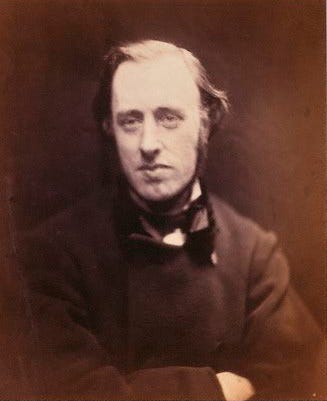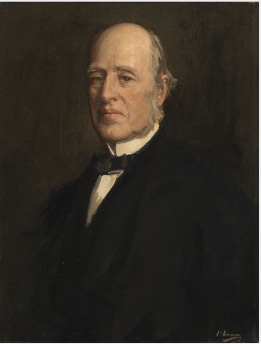I have in many of the posts written here spoken, either in passing or in quite a bit of detail about the Penal Laws in Ireland. These were a series of laws introduced following the the defeat of James II and the ascension of Queen Mary II and William of Orange in 1688 to the British throne. In Britain, the historical tradition of the ‘Glorious Revolution’ is remember in very different light than in Ireland. In Ireland what is remembered is the subsequent Williamite Wars (1689-91) which saw James II retreat to the island and use it as a base.
Following Williams victory of James on successive occasions - the Siege of Derry, the Battle of the Boyne and the Siege of Limerick - efforts were made to shore up Protestant interests in Ireland in spite of promises made to maintain religious freedom in the kingdom.
Over the following decades, many laws were introduced which the simple goal of stifling the economic, political and social prospects of Irish Catholics who compromised the vast majority of the population of that kingdom. Below, is an extract from W.E.H. Lecky’s foundational History of Ireland during the Eighteenth Century - it describes perfectly, the nature of these laws and the impact they had.


‘It was intended to degrade and to impoverish, to destroy in its victims the spring and buoyancy of enterprise, to dig a deep chasm between Catholics and Protestants. These ends it fully attained. It formed the social condition, it regulated the deposition of property, it exercised a most enduring and pernicious influence upon the character of the people, and some of the worst features of the latter may be distinctly traced to its influence.
It may be possible to find in the statute books both of Protestant and Catholic countries laws corresponding to most parts of the Irish penal code, and in some respects surpassing its most atrocious provisions, but it is not the less true that that code, taken as a whole, has a character entirely distinctive. It was directed not against the few, but against the many. It was not the persecution of a sect, but the degradation of a nation. It was the instrument employed by a conquering race, supported by a neighbouring Power, to crush to the dust the people among whom they were planted.
And, indeed, when we remember that the greater part of it was in force for nearly a century, that its victims formed at least three-fourths of the nation, that its degrading and dividing influence extended to every field of social, political, professional, intellectual, and even domestic life, and that it was enacted without the provocation of any rebellion, in defiance of the treaty which distinctly guaranteed the Irish Catholics from any further oppression on account of their religion, it may be justly regarded as one of the blackest pages in the history of persecution.
In the words of Burke, “it was a complete system, full of coherence and consistency, well digested and well composed in all its part. It was a machine of wise and elaborate contrivance, and as well fitted for the oppression, impoverishment, and degradation of a people, and the debasement in them of human nature itself, as ever proceeded from the perverted ingenuity of man.”’
Source: An extract of W.E.H. Lecky’s work History of Ireland during the Eighteenth Century (1892)



